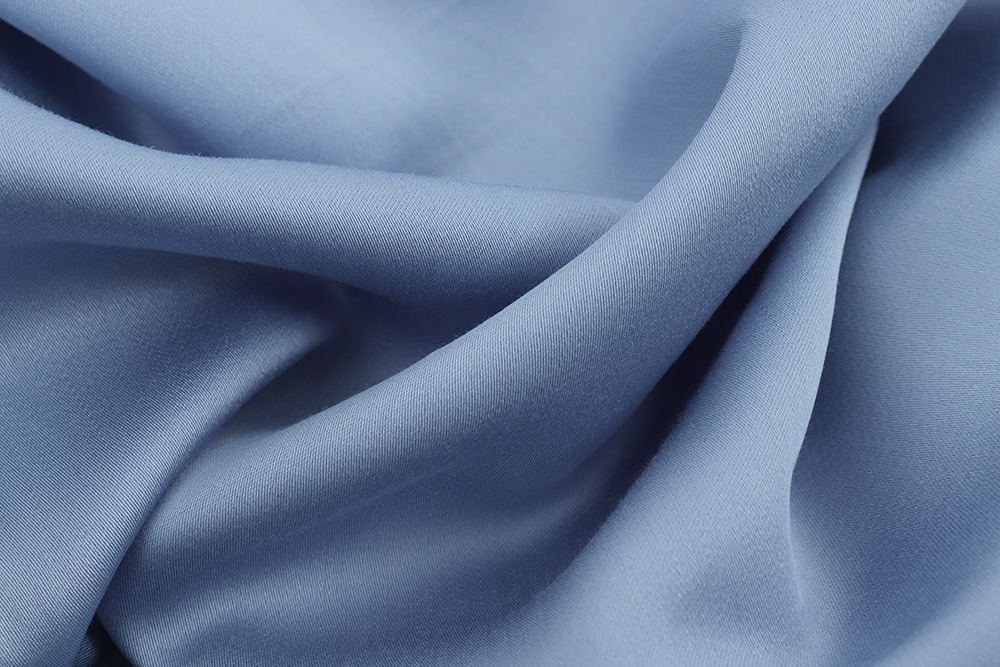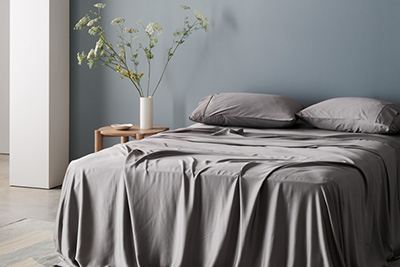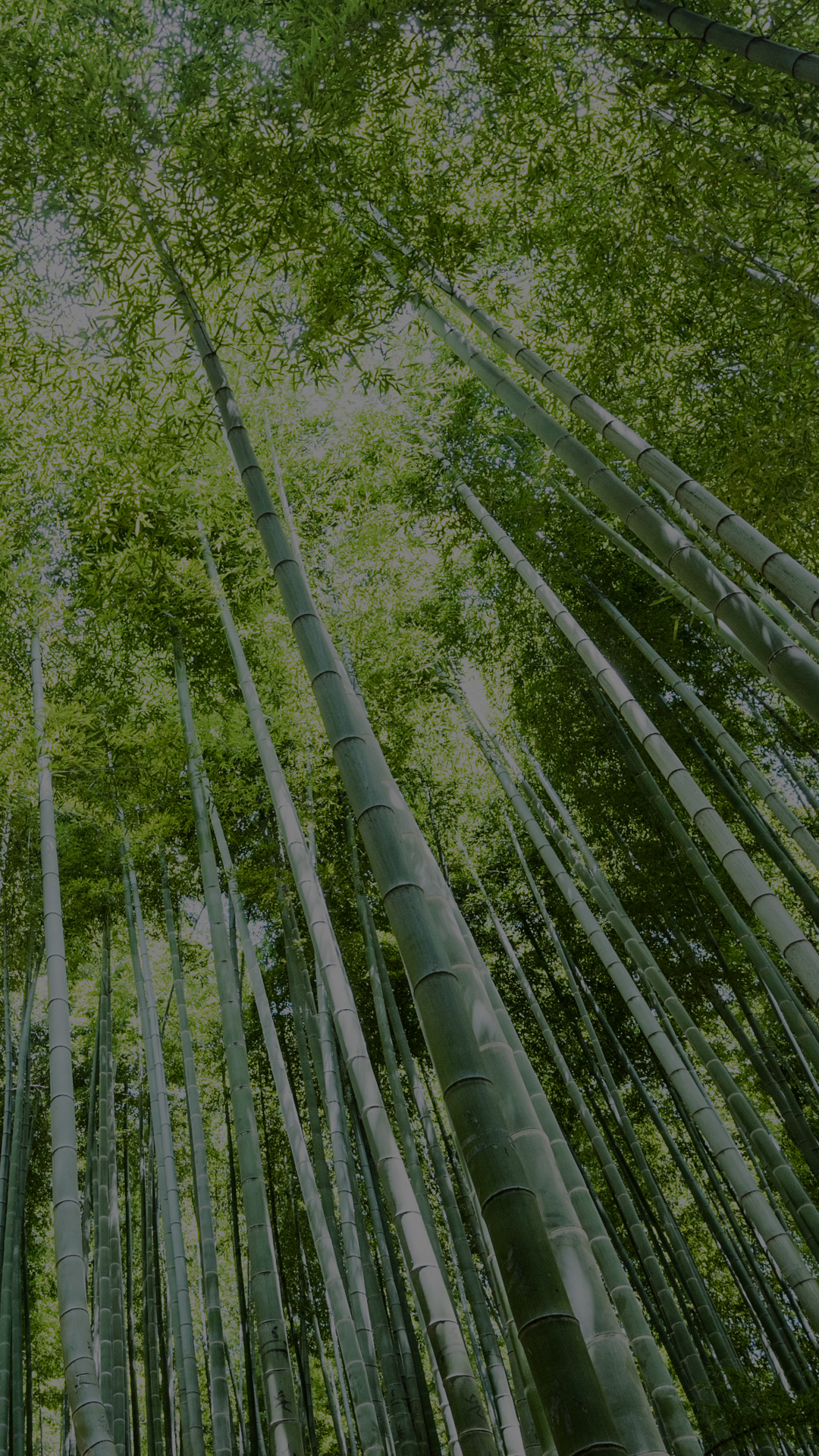
ABOUT US
ABOUT US
Qingdao Xinhua Aolai Textile Co., Ltd.
HuaYu BL. Home Textiles Co., Ltd
Qingdao Xinhua Aolai Textile Co., Ltd., situated in Qingdao China, is engaged in production and R&D of bamboo fiber products. Thanks to gifts from the nature. We get natural, organic and clean bamboo products from the nature, and we see a new choice. We always insist on health, environmental protection and recycling, focus on fashion, and provide superior lifestyle for consumers.

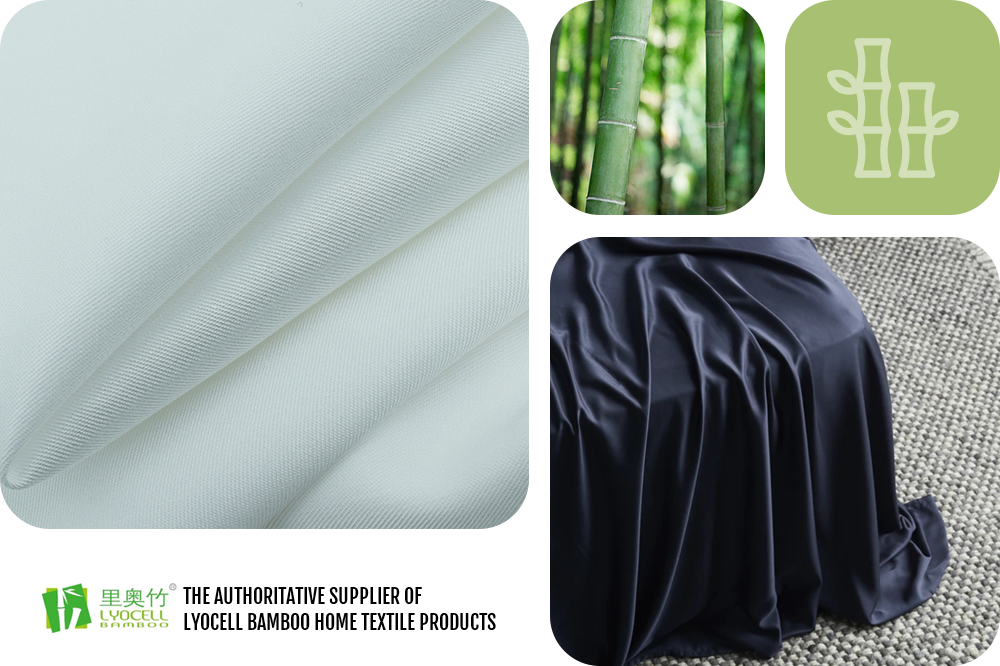
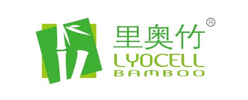


Qingdao Huayu Textiles Co., Ltd., as one of globally unique suppliers of bamboo lyocell fiber, yarn, plus material and products, sells products around the world. I hope that more and more people love bamboo lyocell series, which is also our dream and glory. Welcome to enter the Huayu space.

Environment-friendly production process&Green
fibre in the 21th century

High strength&High wet modulus

Sterilization, Bacte rio stasis, Anti-mite, Rot resi-
stance, and Anti-ultraviolet radiation

Circular section, Feel smooth and Good gloss

Environment-friendly production process&Green
fibre in the 21th century

High strength&High wet modulus

Sterilization, Bacte rio stasis, Anti-mite, Rot resi-
stance, and Anti-ultraviolet radiation

Circular section, Feel smooth and Good gloss
-
bamboo lyocell
Bamboo sheets have been increasing in popularity in recent years—and for good reason. They are sustainable, softer than cotton and linen, naturally hypoallergenic, and moisture absorbing. They also keep you cool in summer and warm in winter. Need we say more? With more and more bamboo sheets with ‘green’ or ‘eco-friendly’ claims and labels it can be overwhelming to know what to look out for when buying bamboo sheets for the first time. We created this simple guide to help you decode the labels and choose the best bamboo sheets for you. Spoiler: not all bamboo sheets are created equally. Read on if you’d like to learn more about the different bamboo fabrics on the market. Material Firstly, it’s important to understand the source of where these different fabrics originate. According to The Council of Fashion Designers of America, Inc. (CFDA), bamboo is a natural fiber that can be processed mechanically into a natural bast fiber or chemically into a regenerated manufactured fiber. Let’s break down the difference: Regenerated cellulose fibers are created by taking natural raw cellulose (plant fiber)—like bamboo or eucalyptus—and then converting it through a chemical process to turn it into fabric. Regenerated cellulose fibers are neither truly synthetic fibers (in the sense of synthetics coming from petroleum) nor natural fibers (in the sense of processing fibers that are produced directly from plants or animals, such as wool). Bast bamboo fibers are processed mechanically using the same processes used to produce linen from hemp or flax, with similar sustainability benefits and considerations. There are four varieties or generations of bamboo fabric on the market today: 100% bamboo viscose (also known as bamboo rayon), 100% bamboo modal, 100% bamboo lyocell and raw bamboo linen fiber. What makes these fabrics different from each other is the process involved in production. With vastly different environmental impacts and chemicals used, it’s important to pay attention to which type of fabric you are purchasing. Follow along as we discuss the generations of bamboo in the order they were developed 1. 100% Bamboo Viscose: The majority of bamboo sheets on the market are made of bamboo viscose, also known as bamboo rayon. Viscose and rayon are essentially synonymous terms; ‘rayon’ is most widely used in North America, while ‘viscose’ is the preferred term in Europe. For this reason, many bedding manufacturers use both terms interchangeably. Bedding products made from bamboo rayon are naturally hypoallergenic and thermoregulating, soft, moisture-wicking, and resist odor and bacteria. Bamboo rayon is very absorbent and takes dye very easily, allowing for a variety of color options. Sounds great, but there’s a dirty side to the bamboo rayon/viscose production process. Bamboo rayon requires chemically-intensive processes that have harmful impacts on the environment, workers, and local communities. Fabricated in countries where environmental regulations are loose or non-existent, a common solvent used in the production is carbon disulfide. This toxic chemical has been linked to widespread severe and often lethal illness among factory workers, and can cause reproductive harm and damage to the nervous system. Moreover, the recovery of this solvent in most viscose factories is around 50%, which means that the other half goes into the environment–contaminating waterways and endangering aquatic life. With all the negative impacts, it’s no wonder that carbon-disulfide-based viscose manufacturing is no longer permitted in the U.S. Out of all the bamboo fabrics, bamboo viscose/rayon is generally considered the most toxic and polluting. If you decide to go for bamboo rayon sheets, look for manufacturers with strict effluent treatment protocols and bamboo rayon treated without chlorine-containing bleach and zinc sulphate. 2. 100% Bamboo Modal: Bamboo modal is made with the same chemical process as viscose; however, modal fabrics are put through an extra process to stretch them. This makes modal lighter and finer than viscose and increases the strength of the fibers. Modal is ideal for athletic clothing or uses where the fabric is going to be treated a little more harshly. You can also tumble dry modal, which is something you should avoid with viscose/rayon. Modal’s distinguishing characteristics are its high-wet strength and extra softness. It is sometimes referred to “as soft as a feather” and “the softest fiber in the world.” That said, the modal fabric is usually a little too thin and airy to make for good bedding products. 3. 100% Bamboo Lyocell (CleanBamboo™): In the lyocell process, raw bamboo pulp is dissolved using a non-toxic solvent, producing non-hazardous effluent. The fiber is created using a closed-loop system that recycles 98% of the water. The result is a first-of-it’s-kind bamboo lyocell fabric that is stronger and softer than bamboo rayon, free from harmful chemicals and requires less energy
NEWS CENTER
bamboo lyocell
bamboo lyocell Bedding four piece set
Let's get Tess straight for once
NEWS CENTER
CERTIFICATIONS
CERTIFICATIONS

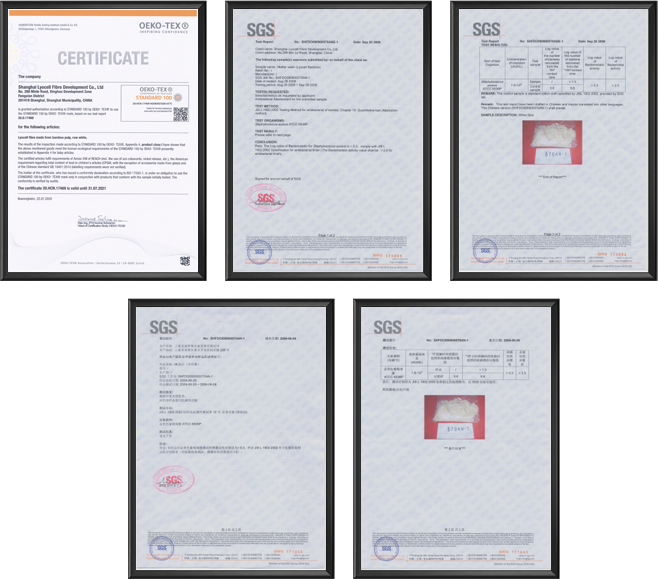
CONTACT US
联系我们

CONTACT
Manager Wu:15194222202
Manager Qin:18653218557

nitro@bamboolyocell.cn

ADD
No. 80 Haier Road, Laoshan District, Qingdao

CONTACT
Manager Wu:15194222202
Manager Qin:18653218557

qingdaohuayu@126.com

ADD
No. 80 Haier Road, Laoshan District, Qingdao
Copyright © Qingdao Xinhua Aolai Textile Co., Ltd.
鲁ICP备98654124号 POWERED BY WWW.300.CN

